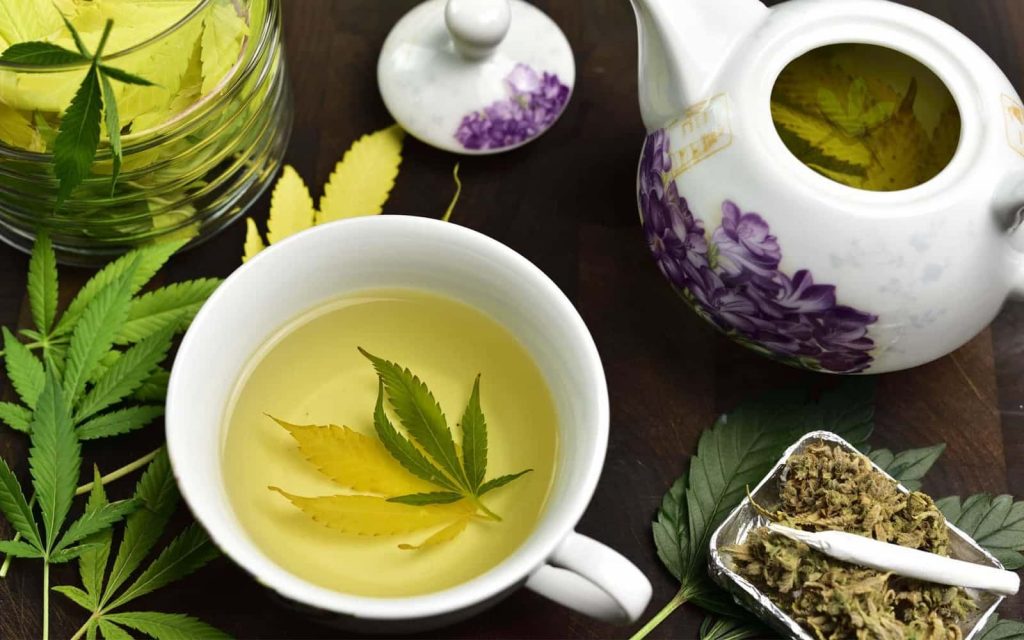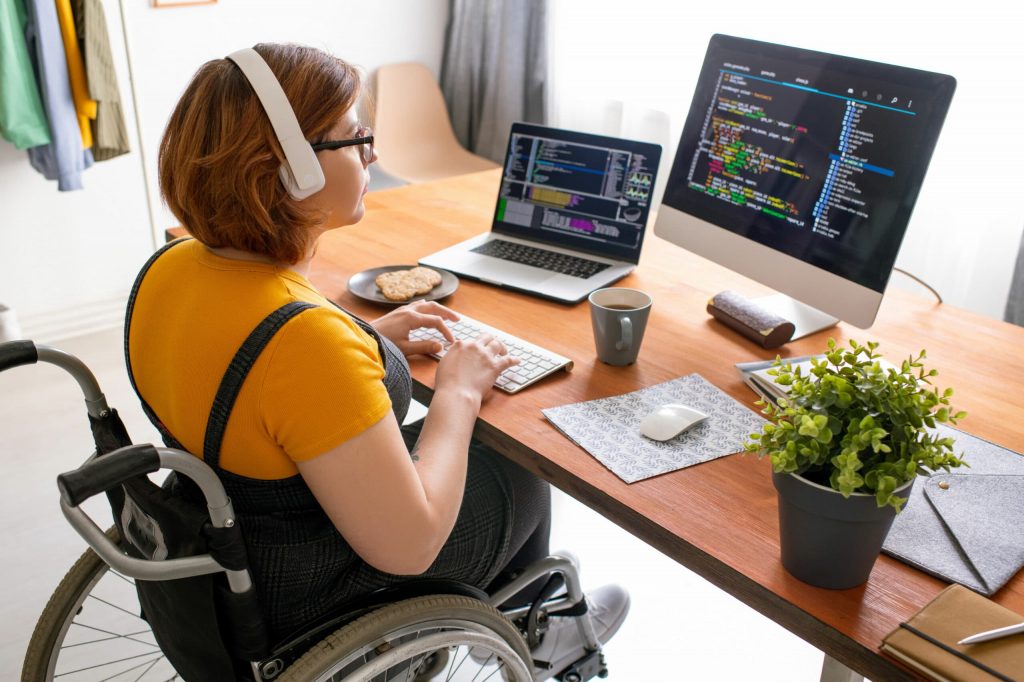Opioid addiction is nothing short of an epidemic; it has already claimed the lives of thousands of Americans. Despite the availability of treatment, people often hesitate to seek help due to a lack of awareness and societal pressures. It’s crucial to understand that if opioid addiction is left untreated, it can completely consume a person, ultimately leading to loss of life. Similar to how ADHD Doctors in St Petersburg FL provide treatment for conditions like ADHD, there are various options available for treating opioid addiction. So, let’s explore these options in this post.
1. Medication-Assisted Treatment (MAT): A Lifeline for Recovery
When it comes to getting rid of opioid addiction, MAT is a well-known treatment that is nothing short of light in the lives of addicted individuals. But, there are also some misconceptions about this treatment, such as it replaces one addiction with another addiction. This is not the case; MAT is a tailored treatment that addresses both the physical and psychological aspects of your addiction.
How MAT Combats Cravings and Withdrawal Symptoms
Buprenorphine and methadone are two medications commonly used in Medication-Assisted Treatment (MAT) to help reduce drug cravings and alleviate withdrawal symptoms. They function like stabilizers, restoring a sense of normalcy that enables individuals to concentrate on improving their lives. Moreover, it must be administered under medical supervision to ensure the correct dosage and closely monitor any potential side effects.
The Importance of a Customized MAT Plan
Every opioid addiction case is different because its consumption, duration, and other factors matter in each case. MAT is a successful treatment for opioid addiction because it individually analyzes each person. It provides a tailored treatment, considering the type of opioid used, co-occurring mental health issues, and the individual’s personal goals.
2. Therapeutic Approaches
Addiction grips a person, influencing both their body and mind, with the mind being crucial in the process of regaining control. For this purpose, various therapeutic approaches are available, including cognitive-behavioral therapy and group therapy. These therapies offer valuable insights into the psychological aspects of addiction for individuals seeking recovery.
Cognitive-Behavioral Therapy (CBT) – Rebuilding Mindsets
Cognitive-behavioral therapy (CBT) helps change negative thoughts and patterns in your mind that lead to addiction. It provides individuals with practical strategies to manage triggers, stress, and cravings. CBT alters the thinking abilities of opioid-addicted individuals and sets them on a positive and healthier path, which aids in lasting recovery.
Group Therapy – Finding Strength in Community
Addiction often isolates a person and makes them feel like they can never break free from it. In group therapy, you share your experiences and challenges with people who have already gone through this struggle. This empowering therapy makes you realize that you are not alone. It proves to be helpful in the recovery process.
3. Inpatient vs. Outpatient Rehab: Which Path to Choose?
Deciding whether to go for inpatient or outpatient rehab is a complex choice when you’re looking for ways to recover. Each option has its advantages and some facts to consider.
Inpatient Rehab – A Closer Look
Inpatient rehab is a structured environment where you stay for a while. It keeps you away from the things that trigger you to use opioids. You get intensive therapy, medical supervision, and the support of a community that understands your situation and is there to help you. It’s the best option for people with severe addictions or those whose home environment isn’t appropriate.
Outpatient Rehab – Flexibility and Support in the Real World
Outpatient rehab is more flexible. You can go to therapy but still handle your daily responsibilities. It’s good for people with mild addictions or those who have a supportive family. However, it demands a strong personal dedication.
4. Holistic Healing: Mind, Body, and Spirit
Recovery goes beyond just quitting drugs. Holistic methods understand that everything in you is connected, your mind, body, and spirit. They work on all these parts to help you heal completely.
Yoga and Meditation – Balancing the Inner Self
Yoga and meditation help you know yourself better, lower stress, and make you feel happier inside. It’s a balancing way to deal with cravings and the ups and downs of recovery, making you stronger from the inside.
Nutrition and Exercise – A Strong Foundation for Recovery
A proper diet and daily exercise keep your body and mind healthy. It’s important for recovery from the physical harm caused by addiction.
Wrapping Up
Breaking free of addiction may seem like an impossible dream, but it is possible. Many treatments are available that have proven successful in treating opioid addiction. Some of the treatments we have discussed in this post. If you want to move towards regaining your previous healthy and controlled life, choose treatment according to your preferences. Just like thousands of others, you can one day motivate others with your success story of recovery. So, schedule your appointment soon and begin treatment. For more information, please visit here to related post.













